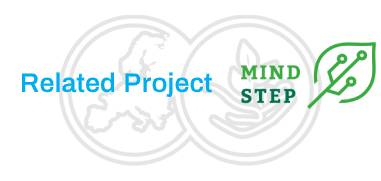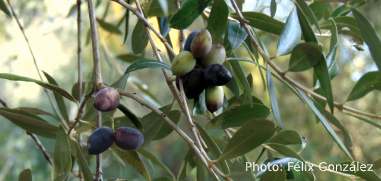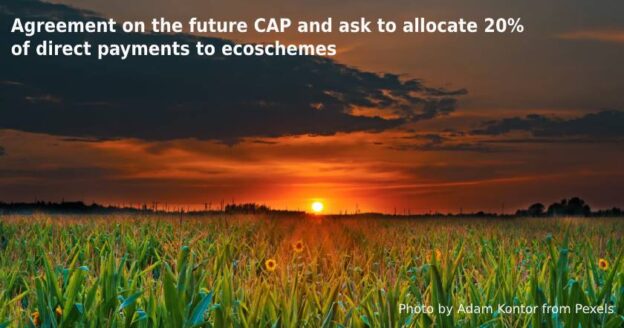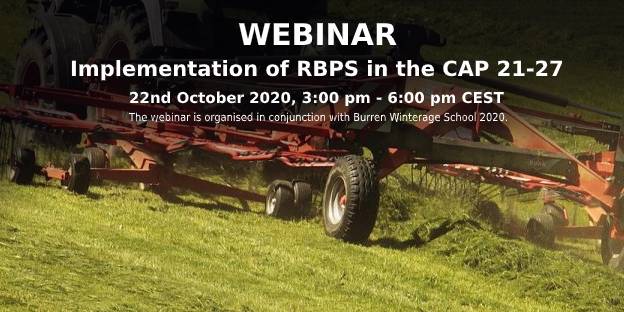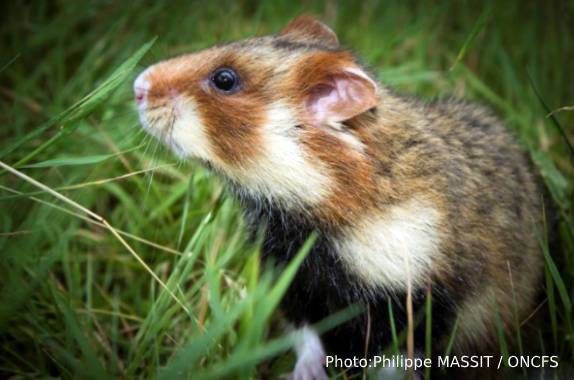MIND STEP is a European research project aiming to support public decision making in agricultural, rural, environmental and climate policies, taking into account the behaviour of individual decision-making units in agriculture and the rural society.
Policies like the EU CAP are widening the scope to contribute to the Paris climate agreement and the Sustainability Development Goals, hence there is a move of the CAP to farm specific measures and an improved link to environment, climate change and ecosystem services to build a a fair, healthy and environmentally friendly food system. Member States and regions develop their own CAP strategic plan with more attention to the regional implementation of the CAP. This wider scope and measures with a focus on individual farmers ask for a new generation of impact assessment tools. Current state-of-the-art agricultural models are not able to deliver individual farm and local effects as they are specified at higher levels of aggregation.
Making use of improved possibilities opened up by progress in the ICT area MIND STEP will improve exploitation of available agricultural and biophysical data and will include the individual decision making (IDM) unit in policy models. Based on a common data framework MIND will develop IDM models, including agent-based models, focussing on different topics in an integrated manner in different regional case studies. The IDM models will be estimated and calibrated using agricultural statistics and big datasets, drawing on established econometric and evolving machine learning techniques and using both traditional models of optimising behaviour and theories from behavioural economics.
MIND STEP closely cooperates with a range of stakeholders to co-create and apply the MIND STEP model toolbox to selected regional, national and EU wide policy cases.
MIND STEP is a partner to the AGRIMODELS cluster (https://agrimodels-cluster.eu/) bringing together research projects which operate in countries across Europe to increase the modelling capabilities in the agriculture sector.
Coordinated by Stichting Wageningen Research (The Netherlands) the MIND STEP consortium includes 11 partners from 8 countries.
This project has received funding from the European Union’s Horizon 2020 research and innovation programme under Grant Agreement Nr. 817566.
